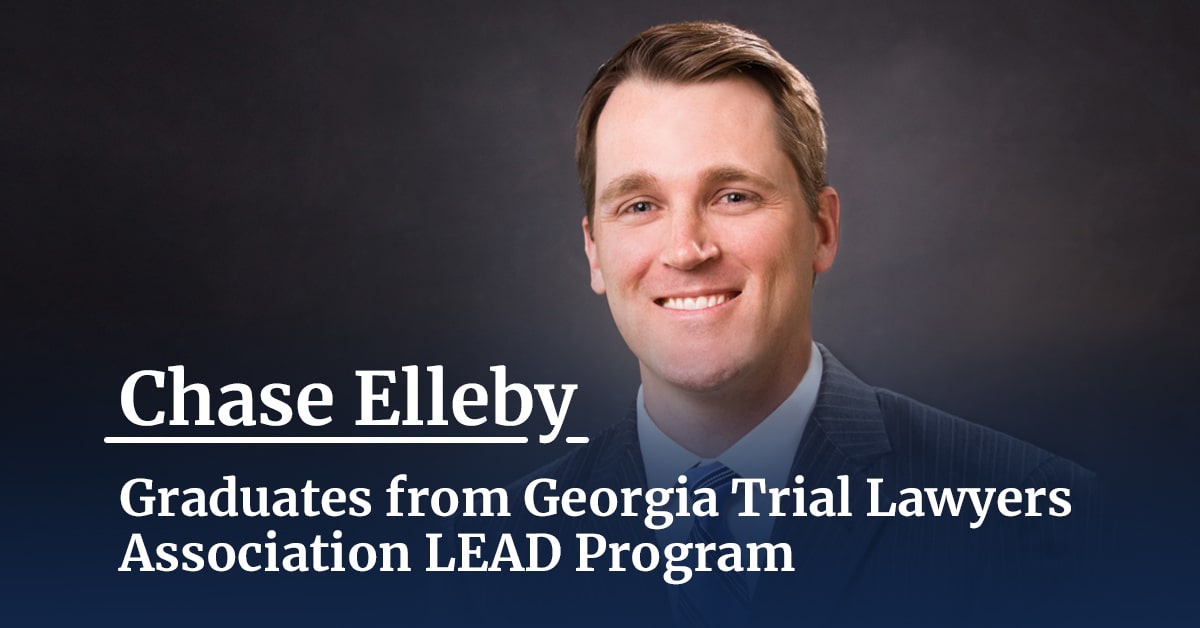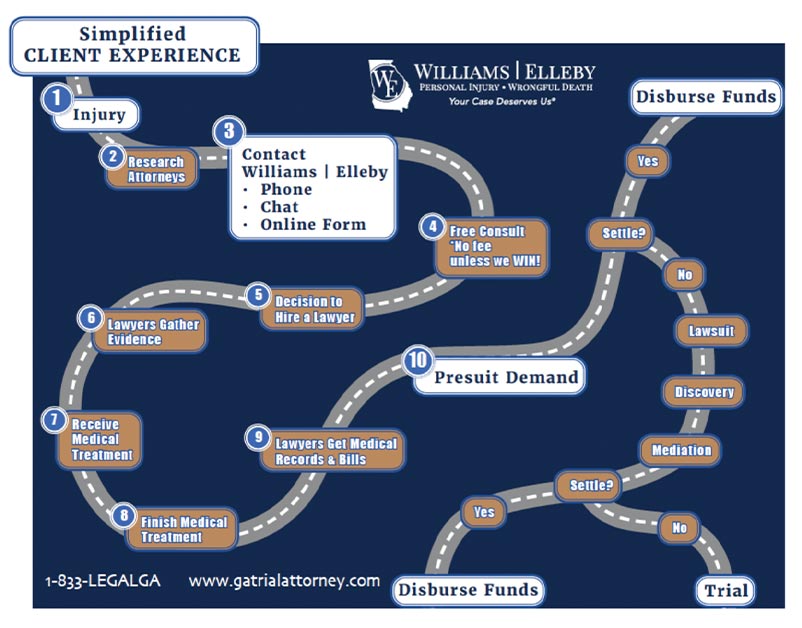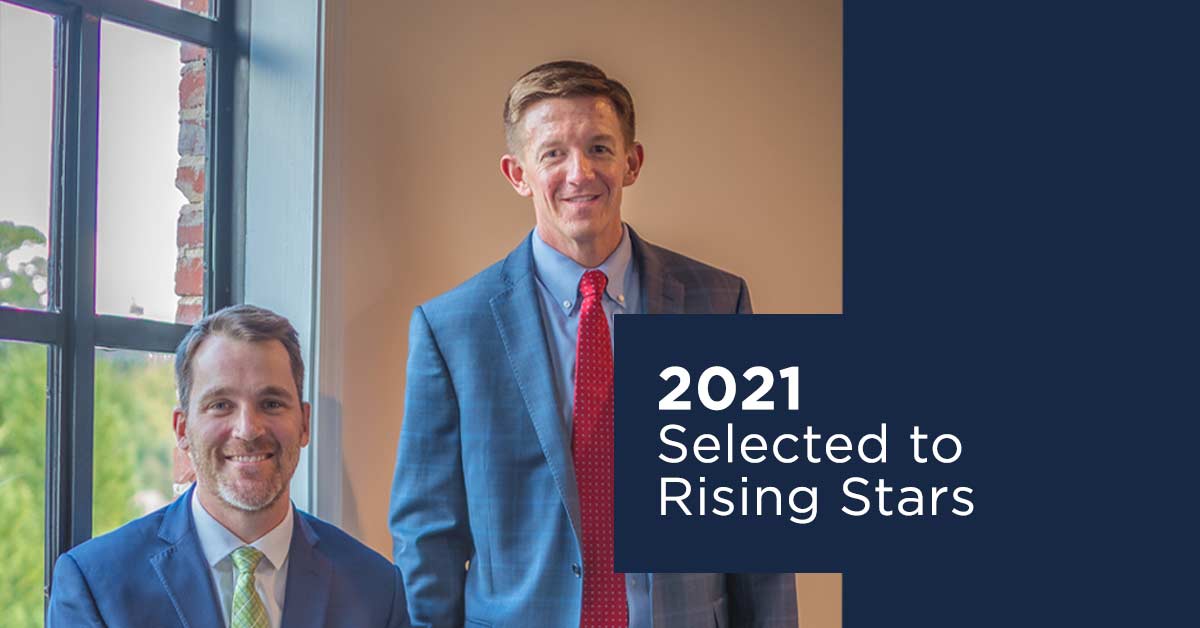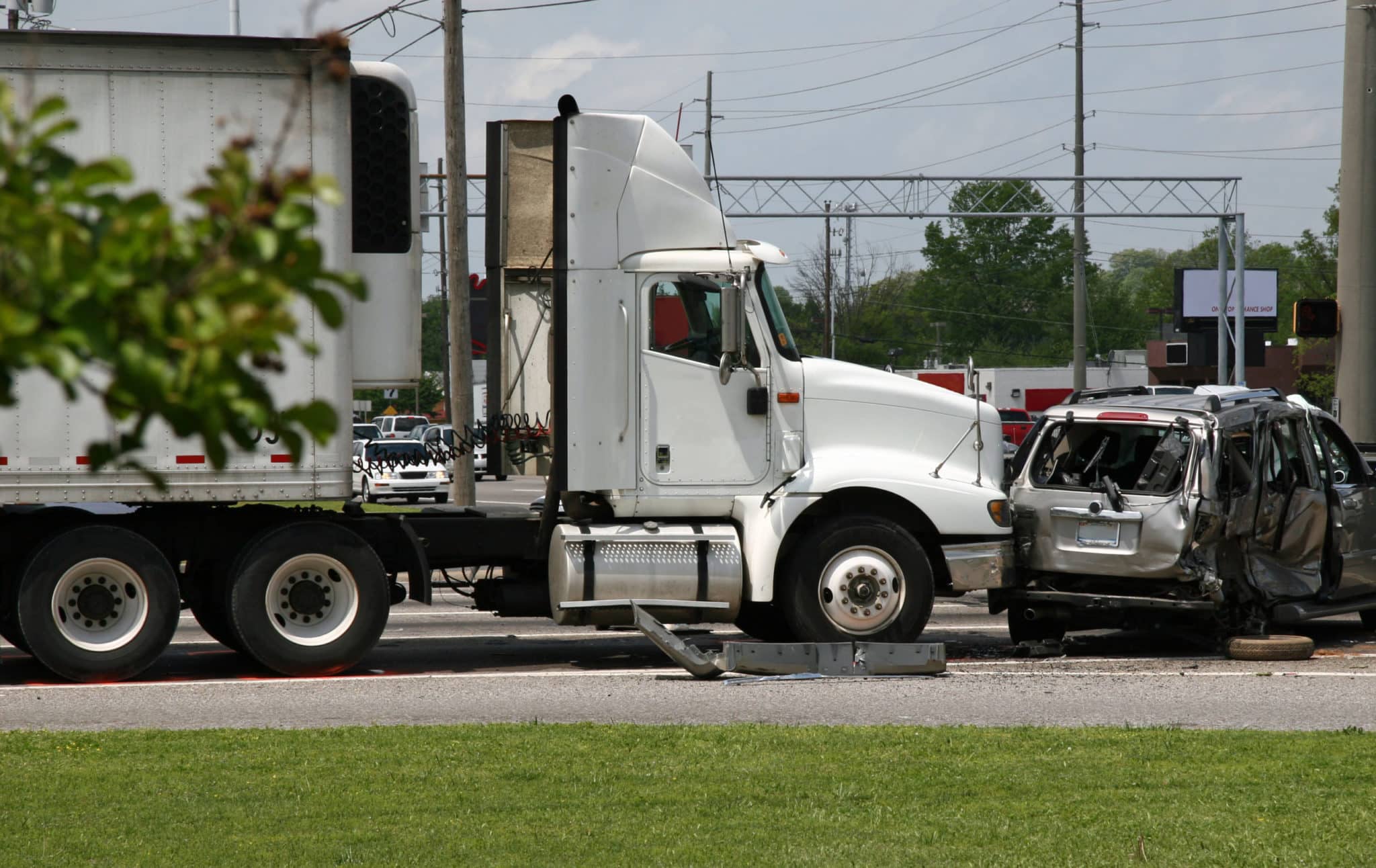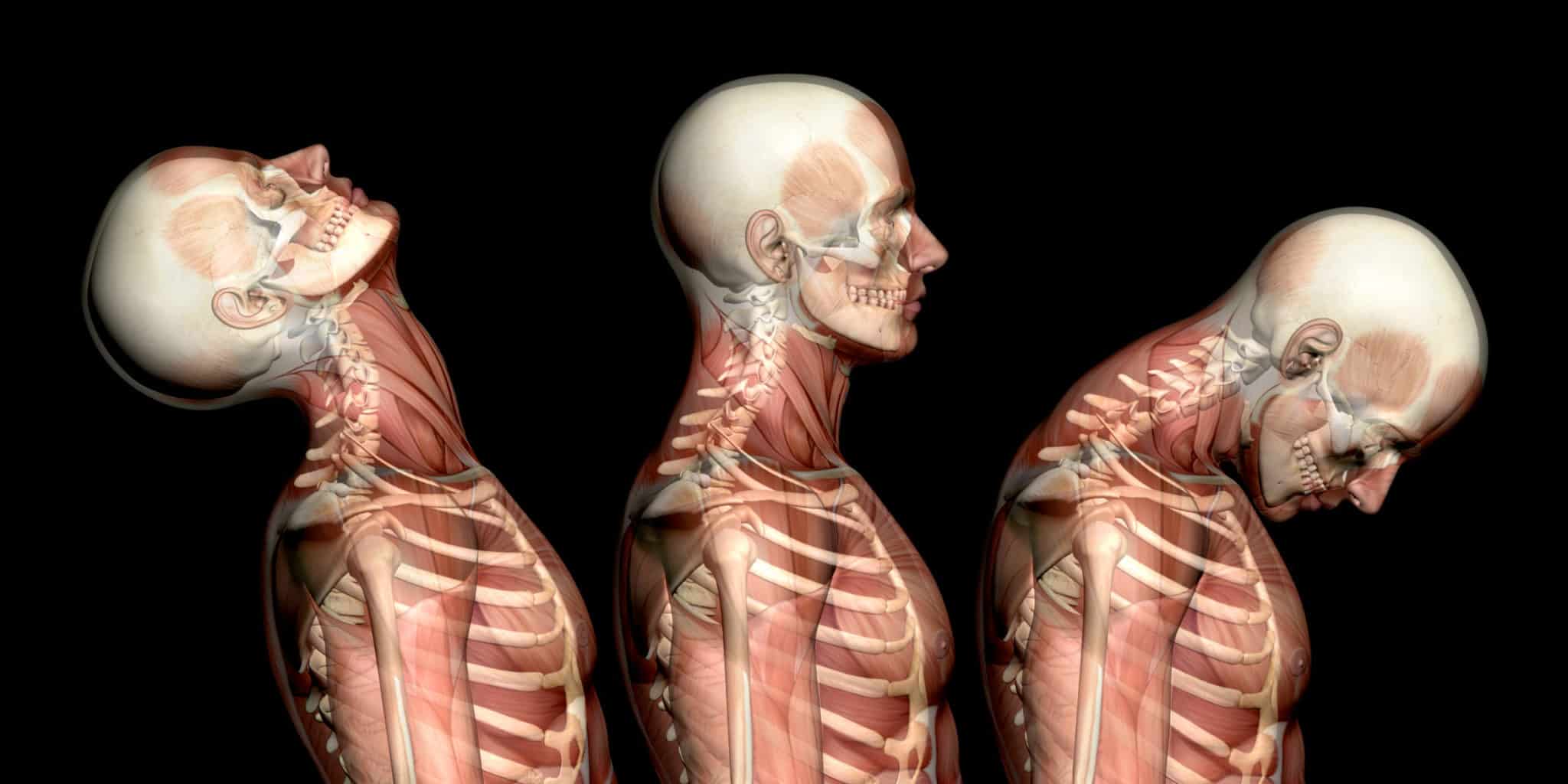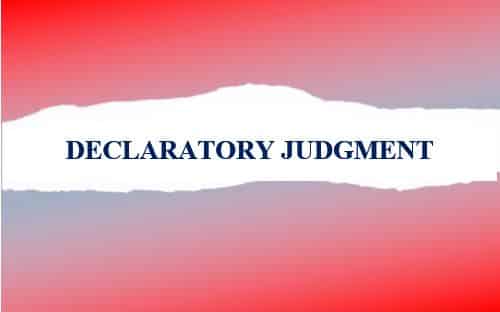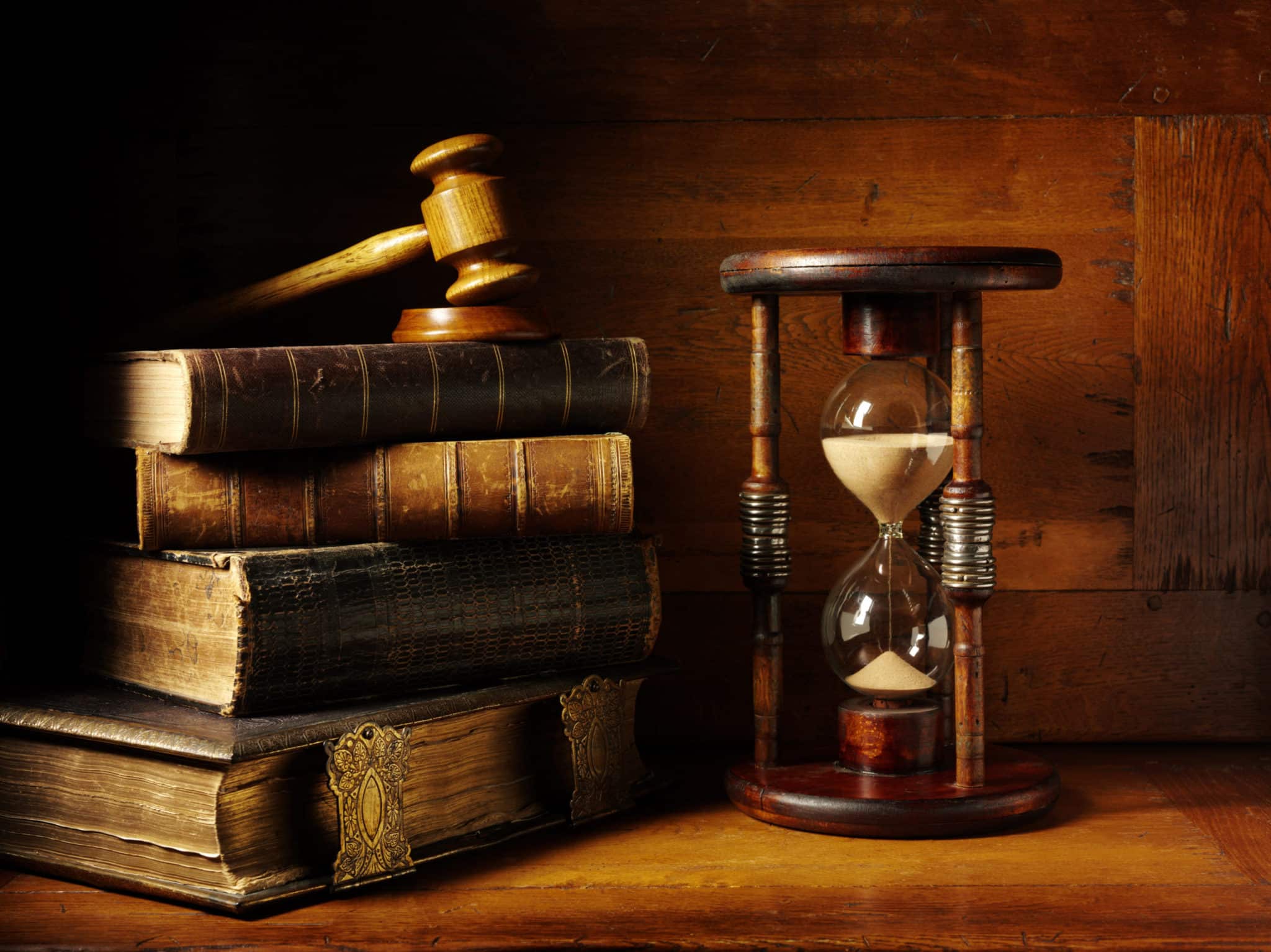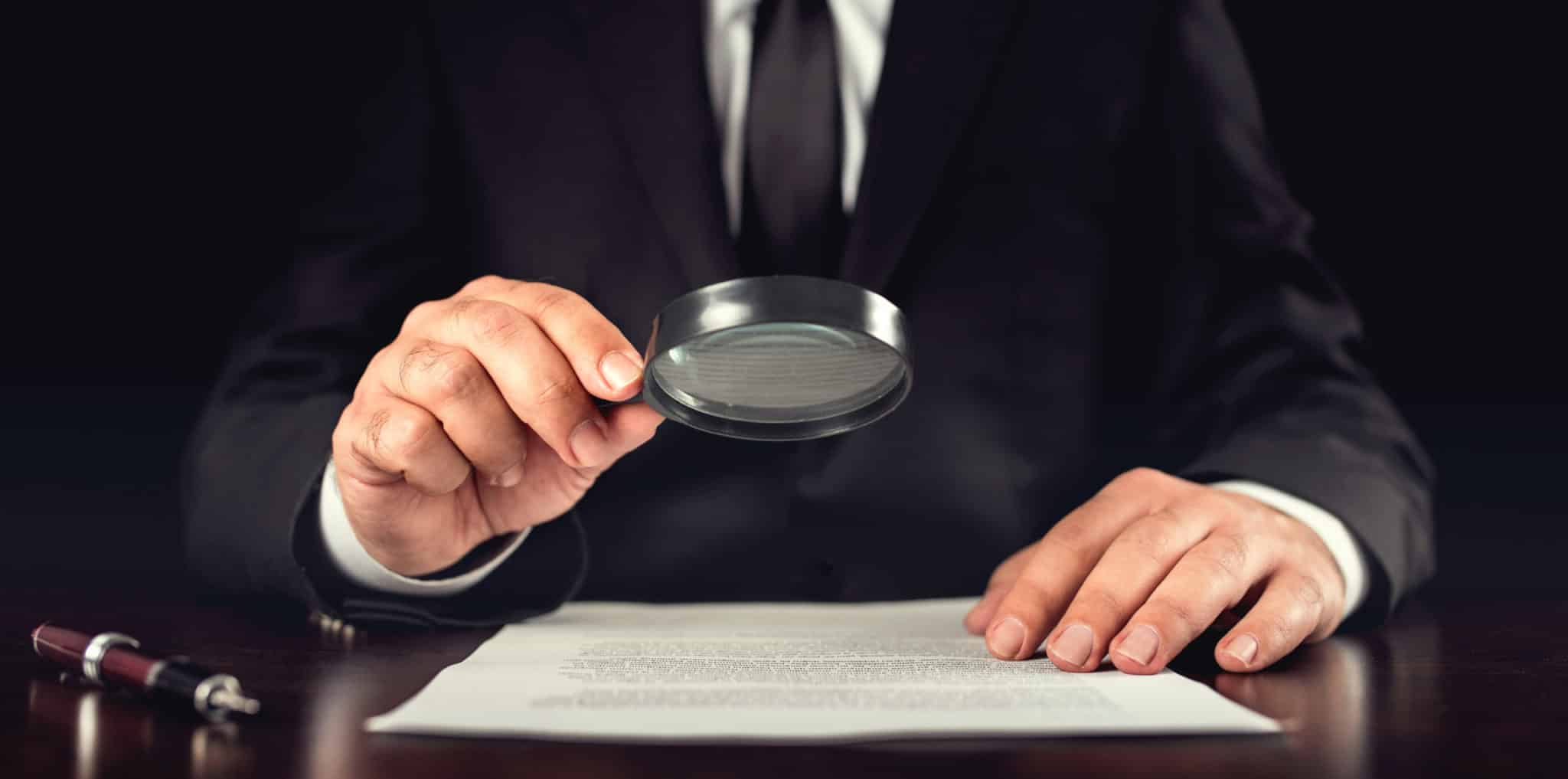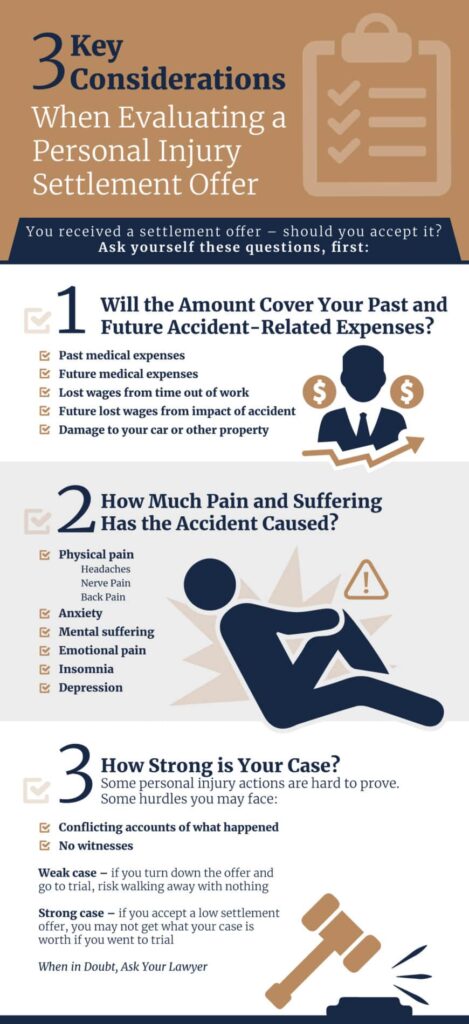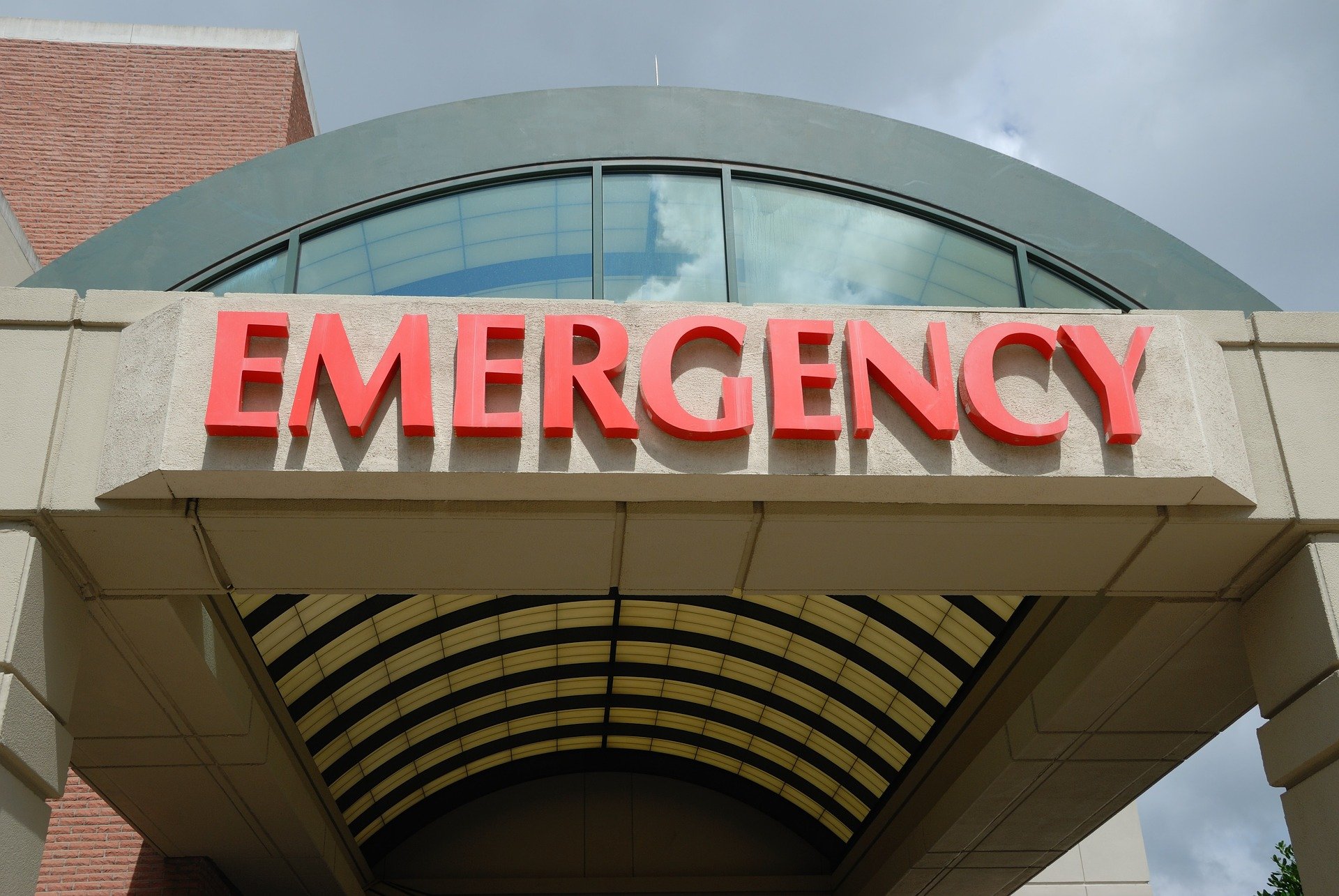Kennesaw, GA (May 12, 2021) – Williams Elleby Howard & Easter is proud to announce two achievements by firm partner Chase Elleby – his graduation from Georgia Trial Lawyers Association (GTLA) LEAD Program, and his election to President of Cobb County Bar Association Younger Lawyers Division.
The GTLA LEAD Program (LEAD stands for “Leadership Education & Advanced Direction”) was founded in 2013 for the purposes of educating GTLA’s youngest and newest members on both the benefits and expectations of membership and building strong relationships between young promising trial lawyers from all four corners of Georgia as well as diverse trial practice areas. Its mission is ultimately to better prepare tomorrow’s leaders, today.
Through an intense application review and selection process, 18 attorneys, including Elleby, were chosen to participate in the program in August 2020. The GTLA LEAD Program includes qualified applicants with less than 10 years of experience working in a legal practice, or those who are 35 years old or younger. The program consisted of six sessions throughout the state in which members heard from judges, legislators and other attorneys about various topics covering law, politics and general leadership.
“It was an honor to be selected to the GTLA LEAD class for 2020-2021,” says Elleby. “I enjoyed learning from others and growing my network to better serve our clients and the state. I’m looking forward to using the leadership skills and industry knowledge I’ve gained to serve in my new role as President of Cobb County Bar Association Younger Lawyers Division.”
The Cobb County Bar Association Young Lawyers Division is a section of the Cobb County Bar that is exclusive to all young and new lawyers to the Cobb County Bar Association, one of Georgia’s largest local bar organizations. As President, Elleby will lead monthly meetings that highlight speakers who are thought leaders in their legal areas of expertise. Additionally, he will lead the group by encouraging participation in the Bar Association through volunteering, networking and other community-building opportunities.
“Chase has been working hard over the past few years to establish himself as an excellent attorney and firm partner while also becoming involved in professional opportunities within our broader legal community,” says Joel Williams, Partner and founder of Williams Elleby Howard & Easter. “I am proud to see that his hard work and dedication to our profession continues to be recognized by leading lawyer groups like GTLA and the Cobb County Bar Association, and know he will continue doing a great job serving our community through his new role.”
Attorneys Joel Williams and Chase Elleby are based in Kennesaw, but they litigate catastrophic injury and wrongful death cases throughout the State of Georgia. Reach out to Joel and Chase by phone at (833-534-2542) or by email at joel@gatrialattorney.com and chase@gatrialattorney.com.
Hiring a Personal Injury Attorney: A Roadmap to the Legal Process
The time following an accident that results in injury or death can be scary, isolating, traumatic and overwhelming. If the injury or death was caused by someone else’s negligence, you may consider getting legal help, which is why it’s important to know what to expect when hiring a personal injury attorney.
The client experience from injury through settlement or trial can be compared to a road with a standard mile markers and a few turns along the way. Though each case is unique, our team has developed a roadmap that outlines the typical steps a client can expect to take when seeking justice after a personal injury.
If You’re Injured Due to Negligence, Time is of the Essence
Research, Reach Out, Consult
After you have been injured due to someone else’s negligence, always seek medical treatment first. Then, it’s important to consider taking legal action relatively quickly as you begin to receive medical treatment.
Start by researching attorneys and their specializations online. Look for personal injury attorneys local to your area, and read reviews and testimonials from former clients. If you are in the hospital or unable to research on your own, a loved one can help compile a list of potential attorneys and contact them on your behalf.
Trustworthy personal injury attorneys should offer a free consultation for new clients. Once you’ve narrowed down your list of lawyers, schedule a free consultation with a few of them – either in person or virtually. You can ask questions and get to know the attorney and his or her firm. Read our Q&A for tips on which questions to ask your potential attorney, and hire the person or team who you feel will keep your best interests in mind.
Attorneys Will Get to Work While You Recover
After making your decision to hire a personal injury attorney, he or she will begin gathering evidence from the accident. During this time, you may still be receiving medical treatment and working through the extent of your injuries.
Remember to keep documentation of your medical records and bills after your injury. As your attorney gathers evidence, medical records and bills become a key factor for the value of your case.
Next, a demand letter will be sent before a lawsuit is filed. This is a written demand to the at-fault driver or their insurance company. Georgia law requires the plaintiff to give the other side 30 days to consider the offer in the demand letter.
Forks in the Road: Settling, Lawsuits and Trial
The Timeline of a Personal Injury Lawsuit
After the insurance company or at fault driver receives the demand letter, a plaintiff can initiate the lawsuit by filing a document known as the complaint. The complaint lays out your allegations in broad terms. It identifies each defendant and the damage claims you have against them. Once the defendants are formally notified of the claim, they have a set amount of time to file a formal response. This response must address each aspect of your claim and either admit or deny its accuracy.
This leads to the question, “will we settle?”
- If the answer is yes, disbursement of funds will take place
- If the answer is no, a lawsuit is initiated
Remember to carefully consider whether to settle. Your attorney can help you navigate this decision.
Phases of a Personal Injury Lawsuit
Discovery
If you do not settle, a lawsuit will be initiated. The discovery process will take place first, which allows both sides to sift through and evaluate the evidence in the case.
Mediation
Next, mediation will occur. The plaintiff and defendant will attempt to settle the case without going to trial by way of mediation. Mediation is a form of alternative dispute resolution where a neutral third party facilitates an agreement between the parties. It is a shorter and cheaper way to settle a dispute than litigation, and can give the parties full control of the outcome. It requires both parties to compromise.
Settlement
From mediation will come another crossroads – to settle, or go to trial. If an agreement is reached during mediation, a disbursement of funds will take place. If neither party can agree to a compromise to settle the case, it will move forward to the trial phase.
Trial
Most personal injury cases do not go to trial, but in the case of an unfair settlement offer, taking a case to trial is often your best chance of obtaining the compensation you deserve.
During the trial, both sides will have a say in picking the jury. Each side will also put on evidence, including any witnesses who can help establish liability or prove the amount of damages. In the end, the judge or jury will make the determination on whether you will obtain a judgment.
Trustworthy Personal Injury Attorneys in Georgia
Though the legal process can seem daunting, trustworthy personal injury attorneys like those at Williams Elleby Howard & Easter are committed to transparency and service to each client. You don’t have to face a lawsuit alone – we’ll help you get the compensation you deserve. To learn more, call 833-LEGALGA (833-534-2542) or contact us online to schedule a free consultation.
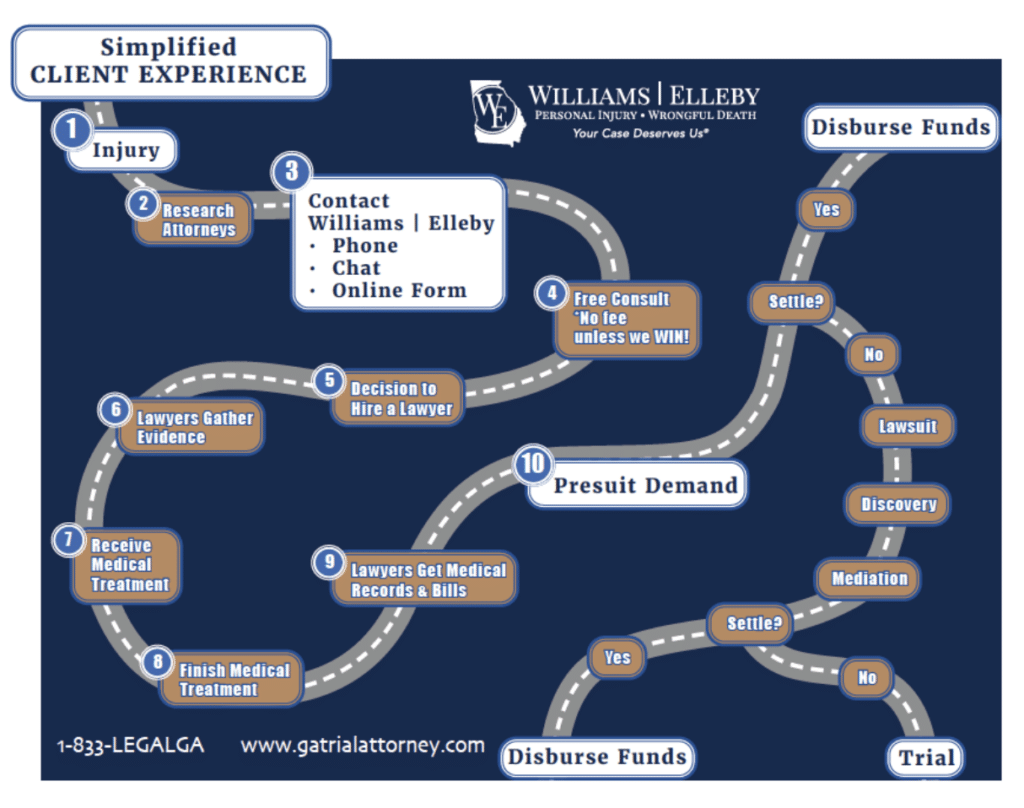
Joel Williams and Chase Elleby – 2021 Super Lawyers Rising Stars
Joel Williams and Chase Elleby Named 2021 Super Lawyers Rising Stars
Joel Williams and Chase Elleby, partners of Williams Elleby Howard & Easter, were recently selected to the Georgia Super Lawyers Rising Stars list for 2021. This honor is only received by 2.5% of attorneys in the state of Georgia through a rigorous selection process and recognizes the Georgia attorneys who go above and beyond for their clients.
To become a Super Lawyer Rising Star, lawyers are nominated by their peers or identified by the Super Lawyers research department. A research staff led by attorneys then searches for accredited lawyers who have been awarded certain honors, taking into consideration the list of nominees. Candidates for Rising Stars are evaluated based on their experience, awards, verdicts and other outstanding achievements.
Williams and Elleby have a proven record of obtaining justice for personal injury victims throughout Georgia. This has earned Williams the title of Rising Star lawyer since 2013, and Elleby a Rising Star lawyer for both 2019 and 2020.
2020 was a pivotal year for Williams and Elleby. They took on new challenges to accommodate for clients in a virtual world. The partners made a switch to Zoom meetings and virtual dispositions to make sure their clients’ needs were met. They handled the hurdles of 2020 and remained successful amidst the unknown.
Attorneys Joel Williams and Chase Elleby are based in Kennesaw, but they litigate catastrophic injury and wrongful death cases throughout the State of Georgia. You can learn more about the firm by visiting https://gatrialattorney.com/. If you prefer a more personal touch, reach out to Joel and Chase by phone at (404) 389-1035 or by email at joel@gatrialattorney.com and chase@gatrialattorney.com.
What is Premises Liability?
In Georgia, premises liability is a legal concept that holds owners and occupiers of land responsibile to those who enter their premises. These duties vary according to the relationship between the owner and the person entering the premises.
Exercising Ordinary Care
Business owners may be liable to their business invitees for failing to exercise “ordinary care” in keeping their premises and approaches safe. However, the owner or occupier’s duty to a social guest is to not “knowingly expose” the guest to “an unreasonable risk of harm.” The lowest duty of care is owed to trespassers, which is to not injure the trespasser willfully.
Examples of premises liability cases include:
slip and falls
inadequate security
defective stairs and railings
injuries from falling merchandise in stores
swimming pools which are not adequately fenced
exposure to dangerous chemicals
dog bites
defective ladders
slippery surfaces
Other hazards may exist when buildings are constructed in a manner that does not comply with applicable building codes.
How to Win a Premises Liability Lawsuit in Georgia
To be successful in a Georgia premises liability lawsuit, you generally must prove the following:
A dangerous condition existed on the property
The owner or occupier of the property had knowledge of the dangerous condition
The owner or occupier failed to remove or warn of the dangerous condition
The dangerous condition was the cause of your injury
Whether you have been injured in a public area such as a store, shopping mall, hotel, office building or apartment complex, Williams Elleby Howard & Easter can help you understand your rights and options under Georgia law. Contact us at 833-LEGALGA for your FREE consultation today
If a Truck Strikes Two Vehicles in Succession, Is It Two Accidents?
Most of the time, there is no dispute between an insurance company and its insured motorists on whether an accident occurred. However, a recent decision in the United States Court of Appeals for the 11th Circuit answered the question on whether a truck hitting two vehicles in succession was one or two accidents.
This is an important question for insurance purposes given the way insurance policy limits work. Typically, insurance companies are only required to cover the cost of an accident up to the limits prescribed by the policy. However, these policy limits are typically per accident. In other words, if striking two vehicles in succession qualifies as two accidents, the insurance company is potentially on the hook for twice as much money.
Grange Mutual v. Slaughter, et al.
The case that answered this question in the 11th Circuit arose out of the Northern District of Georgia. The court decided Grange Mutual Casualty Company v. Terri Slaughter, et al. on May 1, 2020. This case is an appeal of a lawsuit filed in the Northern District of Georgia in 2016.
In October of 2015, a truck driver crossed over the center line of a highway in Georgia and struck two vehicles in quick succession. The facts of the case established that there was no corrective action taken after the first collision but prior to the second.
Grange Mutual was the insurer of the truck in question. In 2016, they filed a lawsuit in federal court in an effort to determine their obligations under the insurance policy. The primary question was whether or not the two collisions constituted one or two accidents under the language of the policy.
Decision at the Trial Level
In its decision, the trial court held that the collisions only constituted one accident. This decision was made after the Georgia Supreme Court adopted the so-called “cause theory.” Under this theory, the court found that a single accident involves “continuous or repeated exposure to the same conditions resulting in bodily injury or property damage.”
The defendants in Grange v. Slaughter appealed the trial courts order. They argued that the terms of the insurance policy defined an accident differently. The defense pointed to language in the policy that suggested two collisions constituted two accidents, even if they only happened a second apart.
The court was not swayed and found the language of the policy was unclear, requiring the court to ultimately define the phrase “accident.” Additionally, the court pointed out that the policy mentioned that multiple vehicles could be involved in the same accident. The court reasoned that following the defendant’s definition of accident would conflict with this language.
The Appellate Decision
Ultimately, the appellate court sided with the trial court. They agreed that the language of the insurance policy was unclear, requiring the court to define what constitutes an accident. The 11th Circuit also relied on the “cause theory” as prescribed by Georgia law. It found that because the truck driver did not regain control of the vehicle between the first and second collision, both crashes were part of one uninterrupted and extended cause.
Let Williams Elleby Howard & Easter Handle Your Claim
It is important to note that this disagreement ultimately boiled down to the language of the insurance policy. The Georgia personal injury lawyers at Williams Elleby Howard & Easter will work tirelessly to ensure your insurer holds up their end of the deal following an accident. Contact us online to schedule a free consultation or call 833-LEGALGA (833-534-2542) to discuss your case right away.
How Do You Prove Whiplash Injuries at Trial?
Some personal injury claims are more difficult to prove than others. There is little dispute when an injury victim claims to have suffered a broken bone. Bone fractures are easily identified on an X-ray scan and, in some cases, are outwardly visible.
The same is not true for whiplash injuries. Whiplash is a soft tissue injury that commonly occurs in motor vehicle accidents. Because it can be challenging to prove the existence and extent of soft tissue injuries, many insurance companies will balk at paying out claims based on whiplash. With the right attorney and an aggressive approach, you could recover the compensation you deserve.
Understanding Whiplash
Whiplash can occur in any situation where a significant impact causes the head and neck to violently whip from one direction to another. According to the Mayo Clinic, these injuries are common in motor vehicle collisions due to the sudden impact of a crash.
The Johns Hopkins Clinic defines whiplash as an injury to the neck caused by the neck forcibly bending forward and back again in rapid succession. This movement can tear and strain the tendons, muscles, and ligaments in the neck and shoulders.
It is the status of whiplash as a soft tissue injury that makes it challenging to definitively diagnose the condition. While bone injuries show up on X-ray scans, the same is not true for soft tissue damage. That said, there are ways to show a jury that a whiplash injury not only exists, but also that it is severe.
Evidence of Whiplash
The most important step in proving your whiplash injuries is to seek medical treatment right away. If you delay treatment for your injury, you could face claims from the insurance company that your injuries occurred under different circumstances or that they are not real at all. By seeking medical care, you can obtain the records you need to show a jury you suffer from whiplash.
While X-rays will not typically provide evidence of whiplash, other scans could. Your doctor might be able to document your condition using magnetic resonance imaging (MRI). This type of scan can create detailed images of soft tissues, which your doctor can use to highlight your injury.
A computed tomography (CT) scan could also highlight your soft tissue damage. These scans take a series of images of your body from different angles, making it possible to evaluate muscle, fat, and organs.
Your doctor can also testify as to your physical condition. Your medical records could reflect that you were experiencing stiffness, pain, and the lack of mobility in the neck. Together, this evidence could show a jury that your whiplash injuries are substantial.
Discuss Your Whiplash Claim With Williams Elleby Howard & Easter
Ultimately, it is the role of your attorney to prove the amount of damages you deserve. When you work with the attorneys of Williams Elleby Howard & Easter, you can rest assured we will put our extensive experience to work for your claim. Call 833-LEGALGA (833-534-2542) or contact us online to schedule a free consultation right away.What Is a Declaratory Judgment?
Most of the time, an individual who suffers an injury in a vehicle accident will pursue a legal claim against the at-fault driver for compensation. If the at-fault driver has liability insurance, the policy typically requires them aid in the driver’s defense and protect them from any liability claims.
One unique exception to this general rule involves declaratory judgments. A declaratory judgment is a lawsuit filed by the insurer instead of the insured driver. In a declaratory judgment, the insurer may ask the court to determine whether or not the accident in question is covered under the policy. Insurance companies use these suits as a tool to determine whether they are obligated to pay out on a claim without risking allegations of bad faith from their insured driver. If the court finds the policy does not apply, the insurance company can refuse to defend their insured driver or shield them from liability claims.
When Declaratory Judgement Lawsuits Are Appropriate
In Georgia, the time frame an insurance company has to file a declaratory judgment action varies. If the insurer intends to file this action in state court, they must do so before they deny the underlying insurance claim. Once an insurance claim is denied, the Georgia Court of Appeals has held that there is no longer a “justiciable controversy” for the courts to decide.
Lawsuits in federal court are treated a little differently. Federal cases operate under federal law, which takes a broader view of the declaratory judgment process. Previously, federal courts have held that insurance companies may file declaratory judgment actions after they have denied a liability claim.
What Happens to Underlying Lawsuits?
In some cases, an insured driver will file a lawsuit prior to the initiation of a declaratory judgment. This can happen after a suit is filed by one driver against the other. Typically, an insurance company that files a declaratory judgment action during ongoing litigation will seek to join the declaratory judgment action to the underlying lawsuit. In this lawsuit, the insurance company frequently seeks to stay the case until the completion of the declaratory judgment action. This allows the courts to decide the issue of coverage before the insurance company is forced to decide if they will defend their insured driver or not. Halting the underlying case also prevents the insured driver from hiring outside counsel and running up legal bills that could be the responsibility of the insurance company if they lose the declaratory judgment action.
How an Attorney Can Help
You have the right to be heard in a declaratory judgment action involving your insurance policy. Often, the attorney who assists you with your injury claim can advocate for you in a declaratory judgment case as well. The trial attorneys at Williams Elleby Howard & Easter are prepared to assist you through every aspect of your injury case. We can evaluate your injuries and investigate the specific language of your insurance policy. We know what is at stake in your case and we will work tirelessly for a favorable outcome. To learn more, contact us online or call 833-LEGALGA (833-534-2542) to schedule a free consultation right away.What Is the Timeline in a Georgia Personal Injury Lawsuit?
No two personal injury cases are alike. What’s more, even cases with similar fact patterns can reach wildly different conclusions. Between two similarly situated plaintiffs, one could obtain a quick settlement while another could face years of litigation.
Despite these differences, there is a general timeline that applies to every personal injury lawsuit. Unless a case reaches a settlement, this timeline typically results in a trial by jury. The following steps outline the course most lawsuits will take in Georgia.
The Demand Letter
There are steps you must take before you can ever file a personal injury lawsuit. According to O.C.G.A. Section 9-11-67.1, a plaintiff may send a written demand to the at-fault driver or their insurance company prior to filing suit. The law requires the plaintiff to give the other side 30 days to consider the offer in the demand letter.
The Complaint
After the insurance company receives the demand letter, a plaintiff can initiate the lawsuit by filing a document known as the complaint. The complaint lays out your allegations in broad terms. It identifies each defendant and the damage claims you have against them.
Filing the complaint on its own is not enough to move a personal injury lawsuit forward. You must also perfect service against each of the defendants in the case. Once the defendants are formally notified of the claim, they have a set amount of time to file a formal response. This response must address each aspect of your claim and either admit or deny its accuracy. If the defendant fails to answer, the court may enter a default judgment against them.
Often, a defendant will file a series of motions before entering their answer. If there is a fatal error or other problem with the complaint, a court could dismiss the case based on these motions.
Discovery
The discovery phase allows both sides to sift through and evaluate the evidence in the case. Through the use of written questions and depositions, both parties can identify the evidence the other side intends to use at trial. This prevents any unfair surprises at trial.
The Trial
The truth about personal injury cases is that they rarely go to trial. An analysis by the Justice Department of tort cases in federal court found that approximately 2% of all lawsuits ultimately went to trial.
That said, taking a case to trial is often your best chance of obtaining the compensation you deserve. In some cases, the other side will simply not be willing to make a fair settlement offer. In other cases, the defense might not have the assets necessary to settle your claim.
During the trial, both sides will have a say in picking the jury. Each side will also put on evidence, including any witnesses who can help establish liability or prove the amount of damages. In the end, the judge or jury will make the determination on whether or not you will obtain a judgment.
Talk to an Attorney Today
Never take on the challenge of a personal injury lawsuit alone. Let the Georgia attorneys at Williams Elleby Howard & Easter assist you in pursuing the compensation you deserve. To learn more, call 833-LEGALGA (833-534-2542) or contact us online to schedule a free consultation.3 Key Considerations When Evaluating a Personal Injury Settlement Offer
For most people, receiving a personal injury settlement offer following an injury in Georgia is good news that carries with it one big question: Should I accept this offer? The following are three key questions to help you evaluate a personal injury settlement.
Will the Amount Cover Your Past and Future Accident-Related Expenses?
The financial impact of an accident leading to personal injuries can be devastating and long lasting. When considering an offer, make sure it covers all your past, current, and future, accident-related expenses including:
- Past medical expenses;
- Future medical expenses;
- Lost wages from time out of work;
- Future lost wages from impact of accident; and
- Damage to your car or other property.
If the settlement amount does not, at a minimum, cover these costs, then it is too low. If you were not at fault, you should not be responsible for the costs you’ve incurred as a result of the accident.
How Much Pain and Suffering Has the Accident Caused?
If you’ve been injured in a car crash or other accident, you know that your losses incorporate more than just the financial losses. There’s the physical pain, anxiety, and mental suffering that you endured during your recovery from the accident. The emotional pain and suffering that often comes with having your life change in an instant is often more debilitating than the actual physical injuries. Common post-accident physical and emotional issues include headaches, nerve pain, back pain, insomnia, anxiety, and depression. Although a settlement cannot undo the accident, it should fully compensate you for your losses, including the pain and suffering you experienced.
How Strong Is Your Case?
When deciding whether to accept a Georgia personal injury settlement offer, you should consider the strength of your case. For a variety of reasons, some personal injury actions are harder to prove. If there are substantial hurdles in your case, for example, conflicting accounts of what occurred and no witnesses, then you have a higher risk of walking away with nothing if you turn down the offer and go to trial. In contrast, if you have a strong case, you may get less if you accept a low settlement offer and don’t go to trial.
When in Doubt: Ask Your Lawyer
Whether to accept a personal injury settlement is completely your decision. However, your attorney can help provide you with the knowledge you need to make an informed decision. Ask your attorney whether they think the offer is fair, why they think that, and whether they think you could do better at trial. Attorneys like the ones here at Williams Elleby Howard & Easter, who focus on Georgia personal injury cases, have the real world experience that is necessary to determine whether a settlement is reasonable. They know what is fair and what is not fair and they can help you decide on a counter-offer and negotiate on your behalf.
If you haven’t already obtained a Georgia personal injury attorney, you can still hire one after you’ve received a settlement offer. Contact Williams Elleby Howard & Easter at 833-LEGALGA to set up a free consultation with one of our caring, experienced attorneys. We’d love to discuss your case, your rights, and your options with you.
Vehicle Collides Into Piedmont Hospital Leading to a Fatal Injury
Vehicle Collides Into Hospital
On June 30, 2020, a 75-year-old woman drove her vehicle into the emergency entrance at Piedmont Hospital in Atlanta. The collision resulted in serious injuries for four individuals. A fifth person died in the crash.
The accident occurred at approximately 8 a.m. at the entrance to the emergency department of the Piedmont Hospital. Security video recorded by the hospital shows that the driver collided with another vehicle in the driveway outside of the emergency room entrance. The driver then accelerated, pushing the other vehicle out of the way and launching into the glass doors. The vehicle continued through the doors, striking multiple people before coming to rest against a wall.
The injuries involved in the accident were devastating. In addition to property damage to the facility, multiple parties suffered broken bones and other severe wounds. These injuries could have long-term or even permanent consequences for the injury victims.
The Cause of the Crash
To date, the specific cause of the accident is unclear. While the video of the accident shows the driver accelerating into the building, the police have declined to press any criminal charges. According to their investigation, the police believe that the act was not intentional or criminal. The police report does not give a specific cause either, outside of alleging the driver lost control of the car.
Legal Liability
The cause of the crash could play a role in determining legal liability for the accident. If the driver caused the accident intentionally or through their own negligence, they could face liability for any injuries that occurred. However, if a medical emergency caused the accident, the driver may have a viable defense against a negligence claim.
The driver may not be the only party facing liability in this accident. Questions were raised by one injury victim regarding whether the hospital took all the necessary steps to prevent the accident. The emergency room entrance where the crash occurred lacks any form of posts or barriers that would have stopped the car from crashing into the emergency room doors. This is despite the fact that most of the other entrances at the hospital have some form of barrier designed to prevent vehicles from crashing into the doors. In this case, an experienced premises liability lawyer could help determine whether the hospital may face civil liability.
Contact Williams Elleby Howard & Easter When Disaster Strikes
If you have suffered injuries in a crash, it may be difficult to identify all parties that contributed to your injuries. In some cases, you could be surprised at the number of individuals or entities that bear some responsibility for your accident. The right legal team can ensure you hold every responsible party accountable.
If you believe you are entitled to compensation for your injuries, do not hesitate to contact Williams Elleby Howard & Easter right away. Our team is ready to evaluate your case and assist you with your claim. You can learn more about your options during a free, no-obligation consultation. Contact Williams Elleby Howard & Easter today at 833-LEGALGA to schedule a free consultation as soon as possible.
